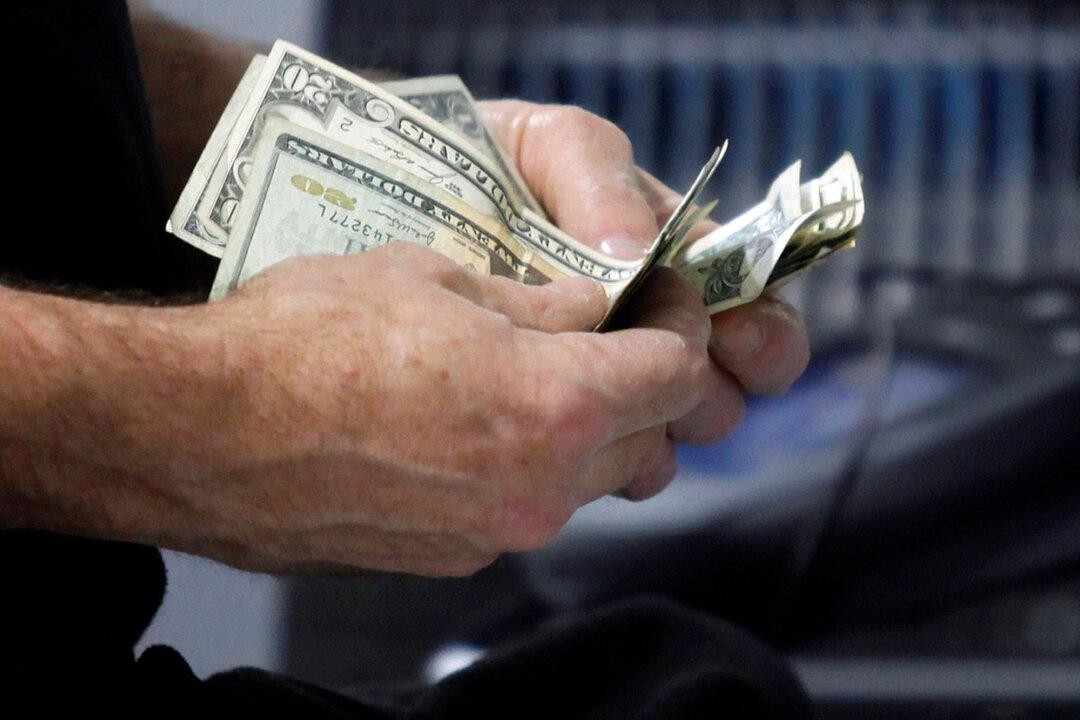Commentary
Relax, folks. I’m not denying the existence of business–government cronyism. That obnoxious practice is rampant; indeed, it’s endemic. I find such cronyism repugnant and have no intention of defending it.

Relax, folks. I’m not denying the existence of business–government cronyism. That obnoxious practice is rampant; indeed, it’s endemic. I find such cronyism repugnant and have no intention of defending it.